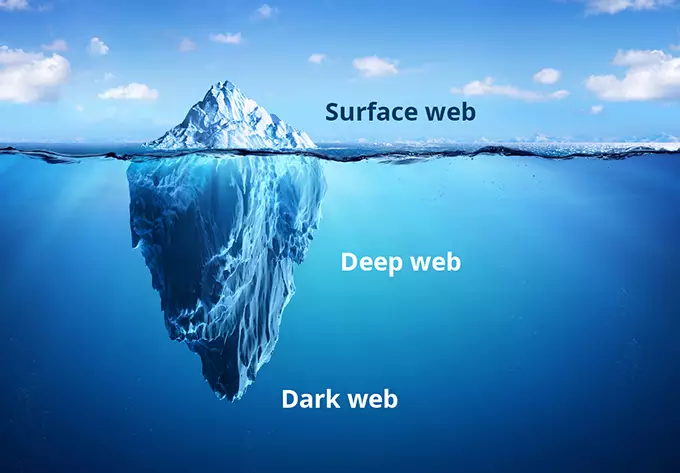ist-pasion.com – The Dark Web, often shrouded in mystery and intrigue, is a part of the internet that exists on darknets, requiring specific software, configurations, or authorization to access. This hidden part of the web is not indexed by traditional search engines and is accessible only through networks like Tor, Freenet, and I2P. Each of these networks has its unique characteristics and purposes, with Freenet being one of the pioneering projects in the realm of anonymous communication and data sharing.
What is Freenet?
Freenet is a peer-to-peer platform that allows users to communicate and share information anonymously. It operates on a decentralized network, which means there is no central server or authority controlling the network. This setup enhances the privacy and security of users, making it difficult for third parties to monitor or censor the content shared on Freenet.
History and Development
Freenet was initially developed in 1999 by Ian Clarke, a Scottish researcher, with the aim of providing a platform for free speech and privacy. The project was inspired by the need to bypass censorship and protect the identity of users. Over the years, Freenet has evolved, incorporating various security and privacy enhancements to better serve its purpose.
How Does Freenet Work?
Freenet uses a combination of encryption and a distributed hash table to store and retrieve data. When a user uploads a file to Freenet, it is encrypted and divided into smaller pieces, which are then distributed across the network. This process ensures that no single node on the network has complete access to the data, making it difficult to trace back to the original uploader.
Content on Freenet
While Freenet is often associated with illegal activities due to its anonymous nature, it also hosts a variety of legal content. This includes forums for political discussion, whistleblowing sites, and repositories of information that might be censored or restricted on the open web. The network supports a wide range of applications, from file sharing to publishing and communication.
Challenges and Controversies
Despite its noble intentions, Freenet has faced criticism and legal challenges. The anonymity it provides can be exploited by individuals engaging in illegal activities, such as distributing child pornography or facilitating cybercrime. This has led to calls for regulation and monitoring of such networks, which in turn raises concerns about privacy and freedom of expression.
Conclusion
Freenet represents a significant step forward in the quest for online privacy and freedom of expression. However, like any technology, it comes with its own set of challenges and ethical dilemmas. As the internet continues to evolve, so too will the tools and networks that seek to protect its users from surveillance and censorship. Freenet remains a testament to the ongoing struggle to balance security, privacy, and the law in the digital age.

